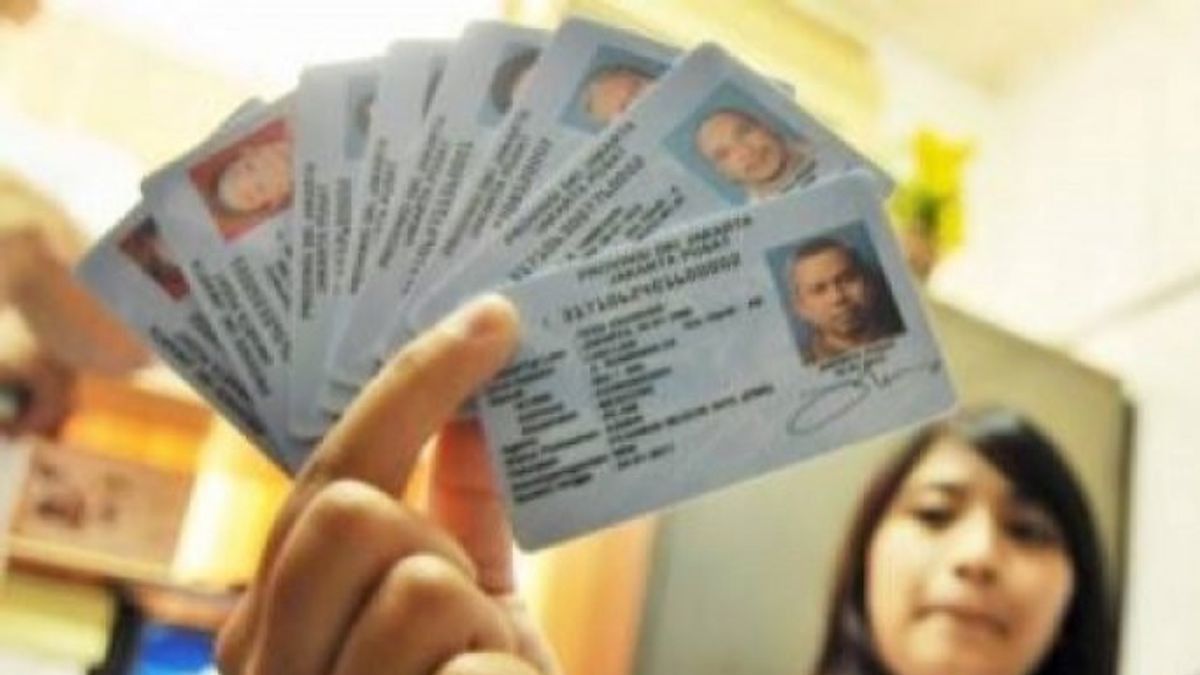The socialization of the plan to deactivate the population identification number (NIK) for DKI Jakarta residents living outside the region is considered minimal in socialization.
Responding to this, the Head of the DKI Jakarta Population and Civil Registration Agency (Disdukcapil) Budi Awaludin emphasized that the socialization of the deactivation of the NIK had been running since last year.
"The plan to deactivate NIK has been socialized since March 2023," Budi said in a brief statement, Tuesday, March 5.
In fact, Budi said that the control of population administration like this had also been carried out since 2011.
"Since 2011 to 2016 we have also disabled 2.2 million (NIK)," he said.
Previously, Member of Commission A of the DKI Jakarta DPRD, Dwi Rio Sambodo, saw that the socialization of the control of the NIK of Jakarta residents by the DKI Disdukcapil had not been carried out optimally.
The lack of socialization is one of the considerations for deactivating the NIK of Jakarta residents leaving the area whose implementation has been postponed.
"The socialization carried out by the Dukcapil Office does not seem optimal. So that it has the potential to cause various impacts, not only problems with electoral DPT, but other administrative problems such as bank accounts, BPJS Kesehatan to school zoning," said Rio.
Initially, the deactivation of the NIK of residents with DKI ID cards who had moved was scheduled for March 2024. However, the DKI DPRD recommended that the process be postponed.
In addition to being considered minimal in socialization, the postponement of the deactivation of the NIK also occurred because it coincided with the stages of the 2024 General Election.
SEE ALSO:
For information, the implementation of the elimination of the NIK refers to the Decree of the Head of the DKI Jakarta Population and Civil Registration Office Number 80 of 2023 concerning Guidelines for Deactivation and Reactivation of the Population Identification Number (NIK).
However, the deactivation of this NIK is excluded from residents who are studying or work offices outside the city within a certain period of time, as well as residents who have assets in Jakarta.
The English, Chinese, Japanese, Arabic, and French versions are automatically generated by the AI. So there may still be inaccuracies in translating, please always see Indonesian as our main language. (system supported by DigitalSiber.id)











